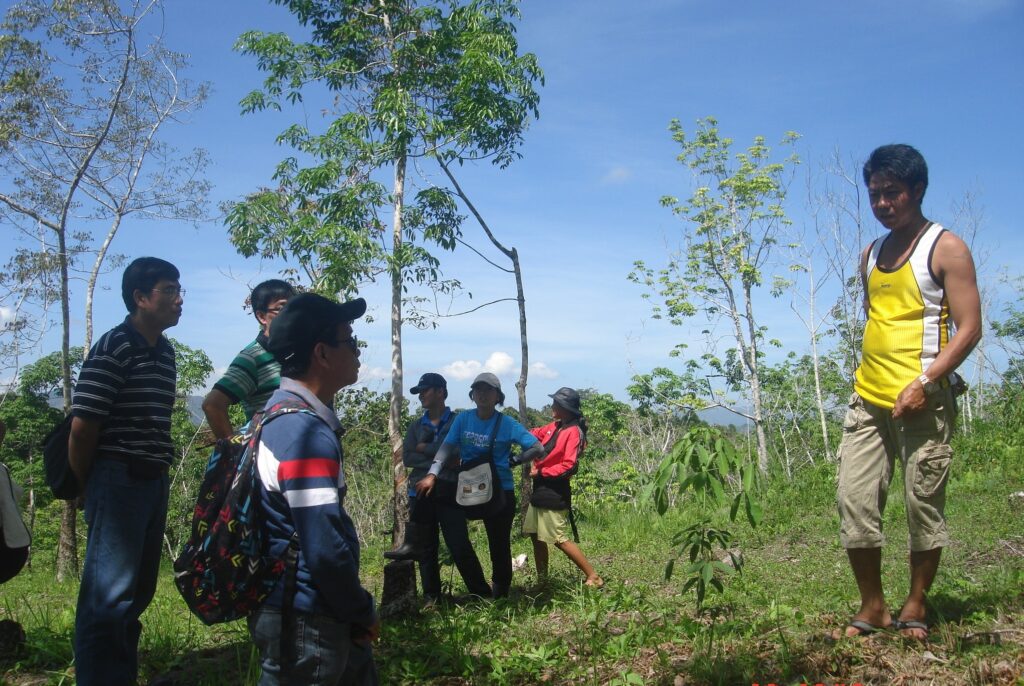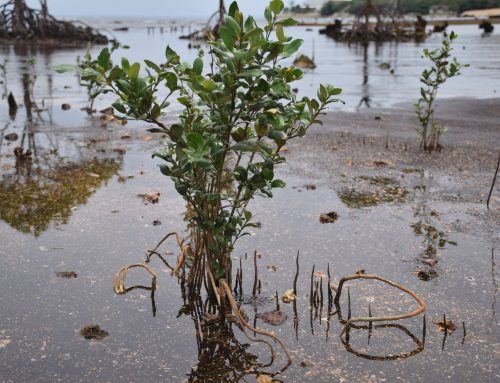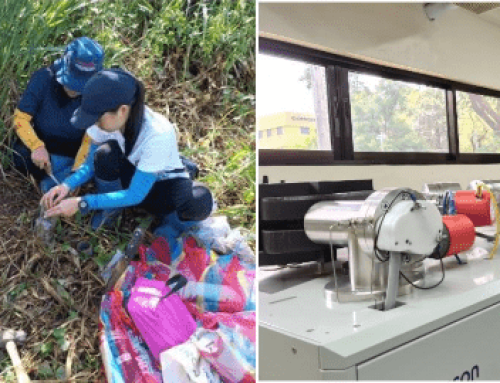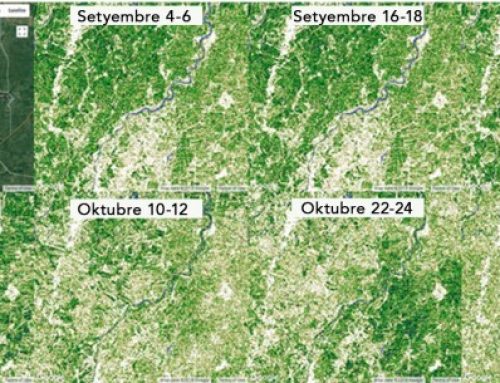In this Article

Climate change impacts on the social and ecological aspects of food production threaten the food security of the farming households and nearby communities. It is high time, therefore, to investigate on the appropriate decision support system that would enhance farmers’ resiliency to climate change impacts. This project was implemented to help upland communities cope with the impact of climate change through Agroforestry technology as the approach.
The Agroforestry Land Capability Mapping Scheme (ALCAMS) takes into consideration the slope of the area, vegetation, and soil fertility to enable the implementers to recommend an agroforestry system that is best suited to the current condition of the land. The species that were and to be planted, however, were the choice of the farmers based on their needs, skills, and knowledge on sustainable upland husbandry (both traditional and new knowledge acquired through the training courses they attended and technical assistance received from the project) and information on the market situation in their locality.
The project emphasized the interplay of forces between environmental variables that affect the overall land capability in a particular region. The result of this project provided practitioners and farm managers with early warning estimates of how different environmental factors, particularly climate, affected the land capability distribution. This served as useful baseline information for decision-makers and planners in mainstreaming management, land use and local action plans. Moreover, this helped the farm managers and smallholder farmers design and develop a climate-resilient agroforestry farm.








